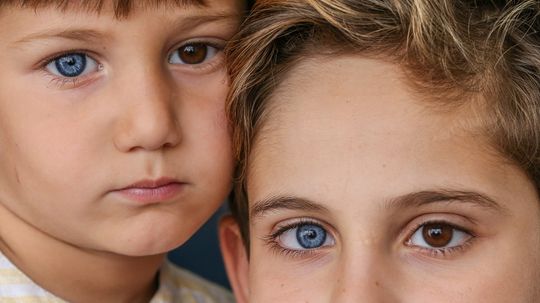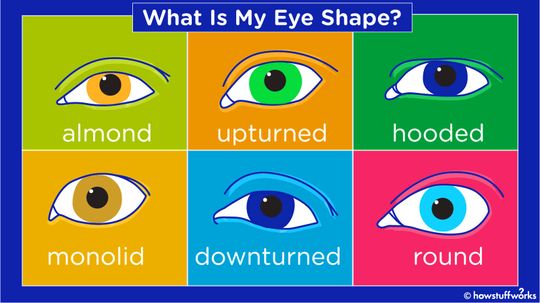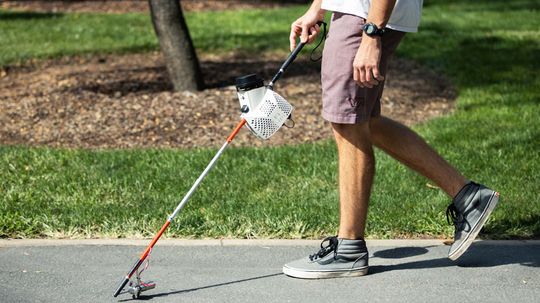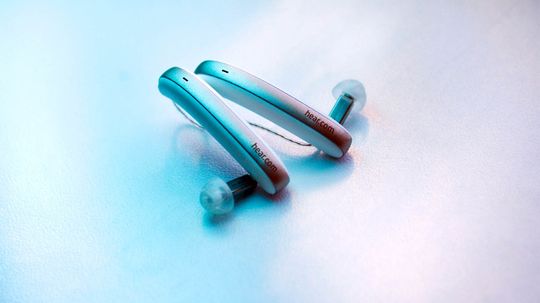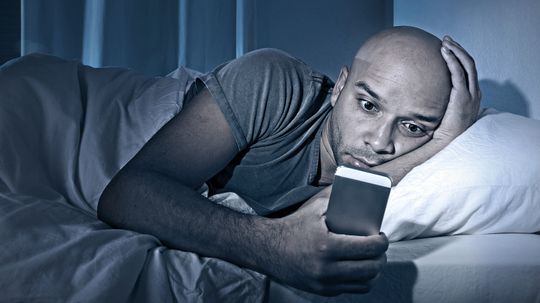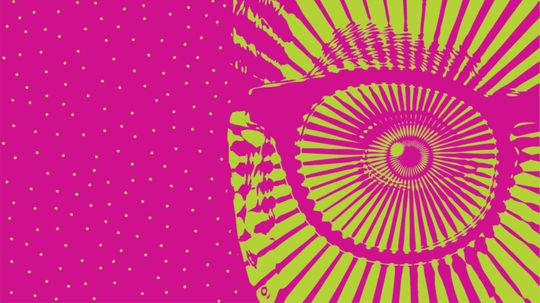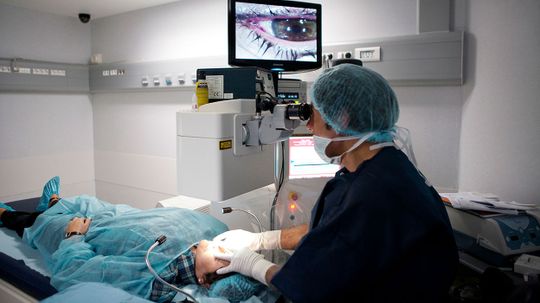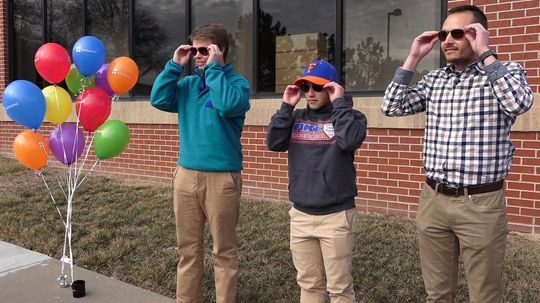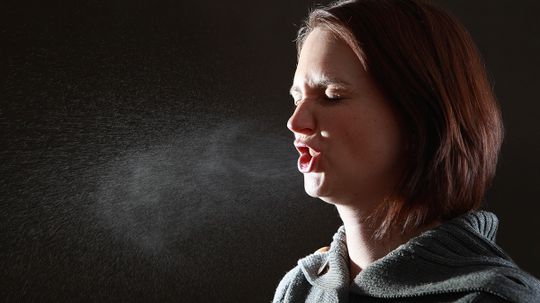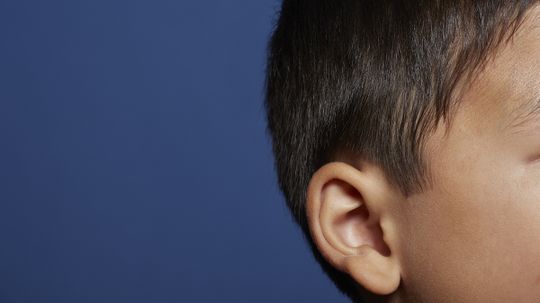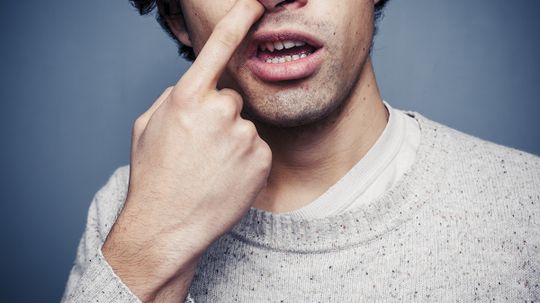Eye, Ear, Nose and Throat
The eyes, ears, nose and throat are interconnected organs that are vital parts of several body systems. Discover how these organs work as well as conditions that can affect them.
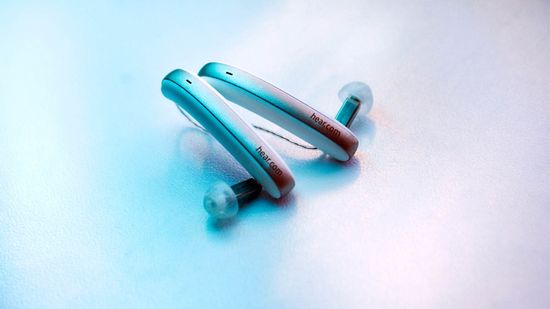
Modern Hearing Aids Do Way More Than Help You Hear

When Sound Makes You Sick
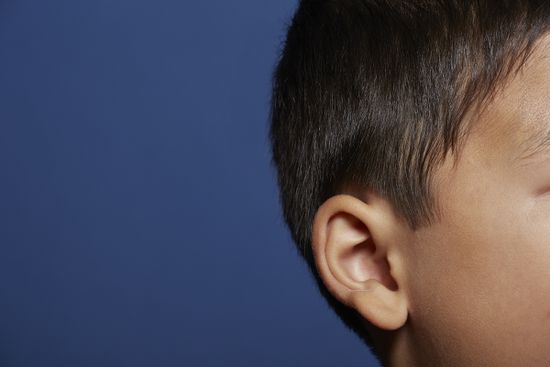
Where does earwax come from?
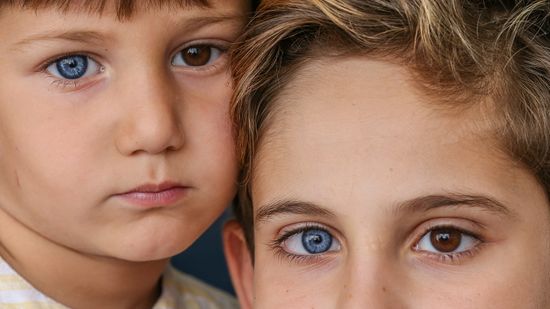
Do You Have One of the 6 Rarest Eye Colors in the World?

Why Do Babies' Eyes Change Color?
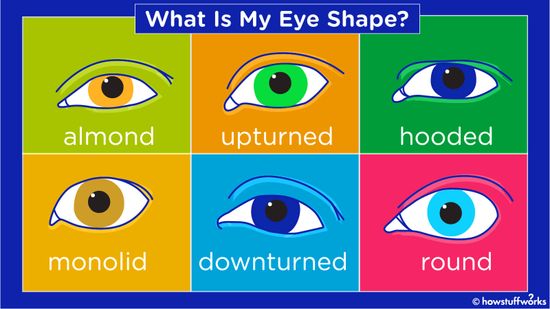
There Are 6 Different Eye Shapes. Which One Is Yours?

When Roses Smell Like Rotting Fish, That's Parosmia

Are You "Suffocating" From Empty Nose Syndrome?

Why Can't You Smell Your Own House?
Learn More
All eye colors are an interaction of brown pigment and light, but some eye colors occur much less often than others. Here are the six you'll see the least.
Nearly all newborns have some shade of blue eyes at birth. But after a few months, they change. What's going on?
Knowing your eye shape can help with everything from selecting eyeglass frames to shaping the perfect brow.
Advertisement
Stanford researchers have developed a new white cane, incorporating sensing and wayfinding approaches from robotics and self-driving vehicles. Could this new white cane reshape life for the visually impaired?
Parosmia is a post-COVID-19 side effect that distorts your sense of taste and smell. But smell training (you read that right) can help most people get things back on track.
Technology for hearing aids has advanced drastically since our grandparents wore those big, bulky ones wrapped around their ears. Now they're Bluetooth-enabled and can even translate foreign languages on the fly.
Empty nose syndrome is a rare problem where patients have clear nasal passages but constant sensations of being unable to breathe. And worst of all, many doctors believe it's all in their heads.
Advertisement
Blue light glasses are super popular these days. But do they work the way marketers promise?
You almost never notice the way your own place smells. Why is that?
The eye twitching that's driving you crazy - it's likely caused by nothing more than stress or fatigue. But you may need to see a doctor if you have other symptoms, too.
You had LASIK surgery a few years ago, and your vision has started to blur again. Is this normal?
Advertisement
Diplomatic staffers in Havana, Cuba, recently began to suffer from a series of health problems. Were they sound-related?
Colorblindness affects around 300 million people worldwide. What is it and how can glasses help?
Although we've often been told that dogs have a superior sense of smell to people, a new report says there's little difference.
By Alia Hoyt
Advertisement
Maybe if you look at it with only one eye -- in the dark.
And it's not because of all that screen time.
Does vocal fry signal the most annoying end of times? Or is it just part of a natural language progression?
By Oisin Curran
Think your peepers are passé? Some cutting-edge cosmetic procedures can take your brown eyes to bright blue - with a few inherent risks.
Advertisement
Poetry is full of references to salty and bitter tears, but there's not much about bloody tears. Besides movie villains who weep blood, is this phenomenon real?
In some settings, you just can't heave a giant sneeze. If you hold back during a meeting or date, you're exhibiting decorum. Could you also be making a death wish?
It's hard to imagine being thankful for mucus when you've got a nose full of it, but if it all went away you'd really be in trouble.
Earwax might seem like just another gross bodily substance, but it serves a very important function in the health of your ear canal.
Advertisement
Boogers are more than an annoyance. Your body makes them for a very specific purpose - and it's not to gross out other people.
As you're wiping away the crust from your eyes in the morning, do you ever ponder why it forms in the first place?
